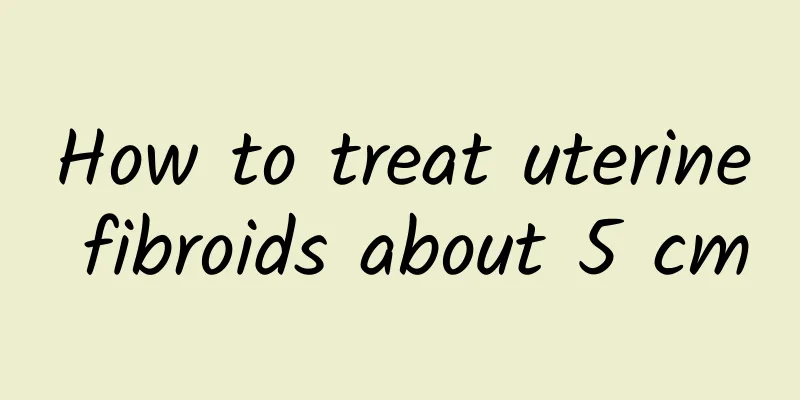What are the precautions after abortion? How long after miscarriage can you have a child?

|
Many women will choose to have an abortion when they have no other choice. After having an abortion, you must pay attention to conditioning your body, otherwise you will be entangled with various gynecological diseases. In this way, you will not only hurt your body, but also your psychology. Today, I will explain to you in detail the precautions after having an abortion. 1. Precautions after abortion 3. No sexual intercourse <br/>After an abortion, you should not only pay attention to cleaning the vulva, but also not have sexual intercourse. Otherwise, gynecological diseases such as pelvic inflammatory disease and endometritis may occur. In severe cases, infertility may occur. 3. What are the dangers of abortion? |
<<: What should you eat after an abortion? What should you pay attention to after an abortion?
>>: What are the abortion pills and what are the dangers of abortion pills?
Recommend
Treatment of severe cervical precancerous lesions
Cervical precancerous lesions refer to lesions th...
Long-term poor diet structure can induce the cause of ovarian cysts
Many women do not understand the cause of ovarian...
What foods can I eat to eliminate uterine fibroids?
What foods can I eat to eliminate uterine fibroid...
Avoid stress fat! Eat the right 5 nutrients to relieve your mood and prevent weight gain
Whenever you feel stressed, you can’t resist your...
Symptoms of vulvar leukoplakia
When it comes to vulvar leukoplakia, many women m...
How long does it take for threatened miscarriage to occur?
Threatened miscarriage may occur most often betwe...
What is the flow process like?
Abortion is now quite popular. I believe many peo...
Abdominal obesity hides the risk of metabolic syndrome! Dr. Huang Guoqin: 3 tea drinks to keep away the threat of metabolic syndrome
Metabolic syndrome is a common metabolic disorder...
What are the prevention methods of adnexitis?
Adnexitis is a common disease. Nowadays, there ar...
What is the shedding of the endometrium? It is the menstruation.
Endometrial shedding refers to menstruation. The ...
3 ways to treat chronic cervicitis 4 life precautions for chronic cervicitis
Chronic cervicitis is a common gynecological dise...
What are the symptoms and hazards of uterine fibroids
The main symptoms of uterine fibroids include abn...
After exercise, uterine fibroids disappeared
It is not entirely accurate to say that uterine f...
What are the treatments for female vaginitis and cervical erosion? What are the treatments for female vaginitis and cervical erosion?
There are many types of female gynecological dise...
Is pelvic effusion contagious?
In most cases, pelvic effusion is caused by pelvi...









